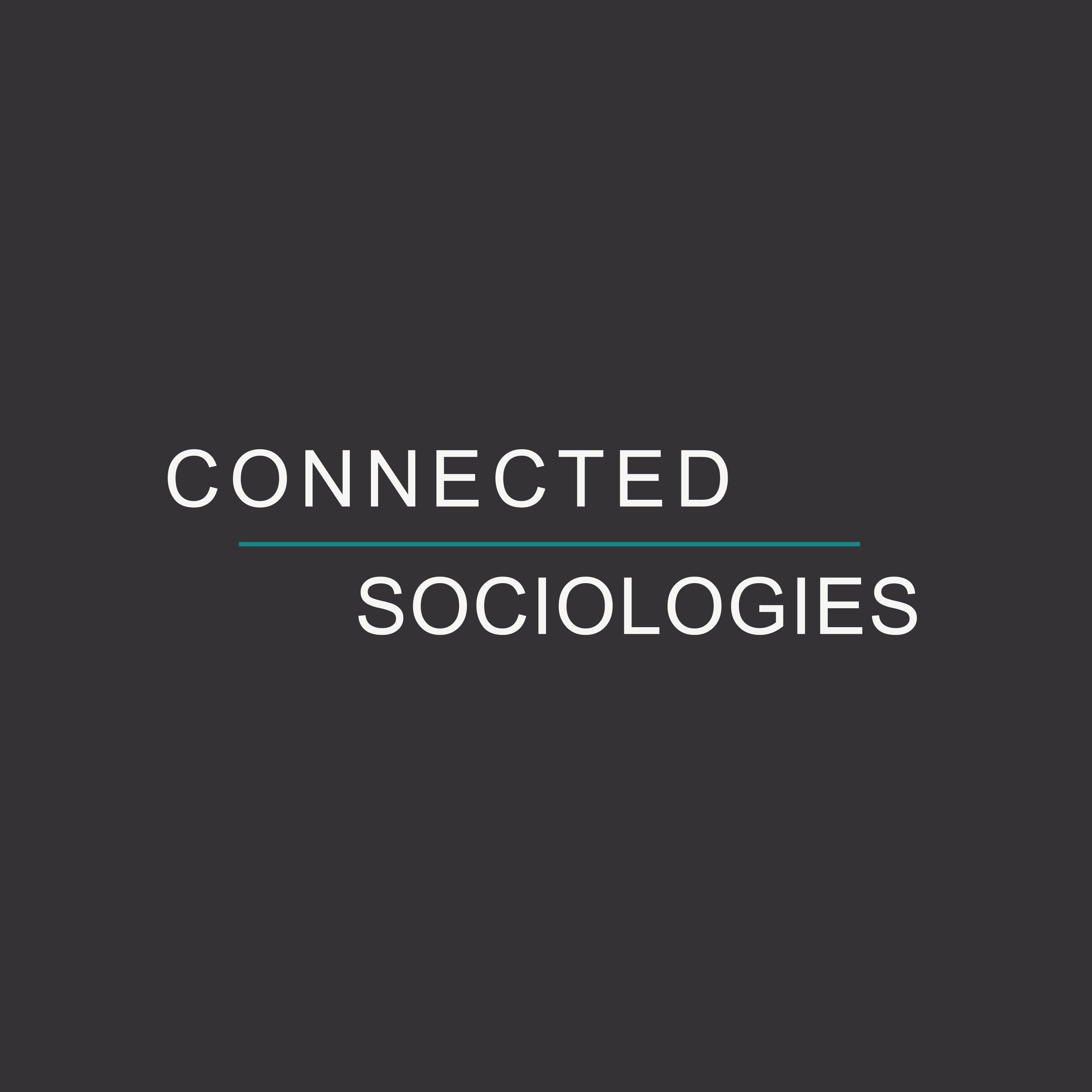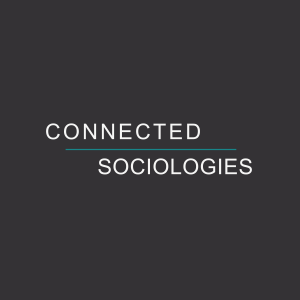
7K
Downloads
32
Episodes
Sociology is based on a conventional view of the emergence of modernity and the ‘rise of the West’. This privileges mainstream Euro-centred histories. Most sociological accounts of modernity, for example, neglect broader issues of colonialism and empire. They also fail to address the role of forced labour alongside free labour, issues of dispossession and settlement, and the classification of societies and peoples by their ‘stages of development’. The Connected Sociologies Curriculum Project responds to these challenges by providing resources for the reconstruction of the curriculum in the light of new connected histories and their associated connected sociologies. The project is designed to support the transformation of school, college, and university curricula through a critical engagement with the broader histories that have shaped modern societies.
Episodes

Monday May 17, 2021
Policing "Gangs" - Dr Patrick Williams
Monday May 17, 2021
Monday May 17, 2021
What is a ‘gang’? Whilst the disciplines of Criminology and Sociology have long grappled with this question, the answer is increasingly of no relevance to criminal justice policies that claim to address the problem of violent crime across England and Wales. Within the context of contemporary policing and law enforcement, the ‘gang’ has evolved as a ‘transcendental signifier’ (Alexander 2008) and today serves to legitimise intrusive and harmful policing practices as part of a gang-industry (Williams 2014). Of particular concern to this session, a cursory glance at police gang databases reveals that those who are ‘suspected’ by the police as ‘gang members’, associated to gangs or are ‘at risk’ of gang violence are from minoritised groups and particular black young men. In this session, we explore the factors which have given rise to the racialised construction of the ‘gang’ and consider the harms experienced and endured by those who are policed with suspicion.
Reading
- Alexander, Claire. (2008). (Re)thinking 'Gangs'. Runnymede Perspectives.
- Amnesty International (2018) Trapped in the Matrix. London: Amnesty. Secrecy, stigma, and bias in the Met's Gangs Database
- Bridges, Lee (2015) The Met Gangs Matrix - Institutional Racism in Action. Institute for Race Relations.
- Muncie, John. The Theory and Politics of Criminalisation. CJM 74.
- Williams, Patrick. (2014) Criminalising the Other: challenging the race-gang nexus. Race & Class, 56(3), 18-35.
- Williams, Patrick and Clarke, Becky (2016)Dangerous Associations: Joint Enterprise, Gangs and Racism. London: Centre for Crime and Justice Studies.
Resources
- Scott, Stafford. (2018)The War on Gangs or a Racialised War on Working Class Black Youth. London: The Monitoring Group.
- StopWatch.
- Information Commissioners Office (2018) ICO finds Metropolitan Police Service’s Gangs Matrix breached data protection laws.
Questions for discussion
- Consider the multiple ways in which the gang label is (mis)used in contemporary policing and law enforcement practice.
- With reference to processes of criminalisation reflect upon the State’s response to particular forms of music - how may this relate to the mediated construct of the gang.
- Given it is not a criminal offence to be in a gang, why do you think so much government resource and media attention has been given to this construct?

No comments yet. Be the first to say something!